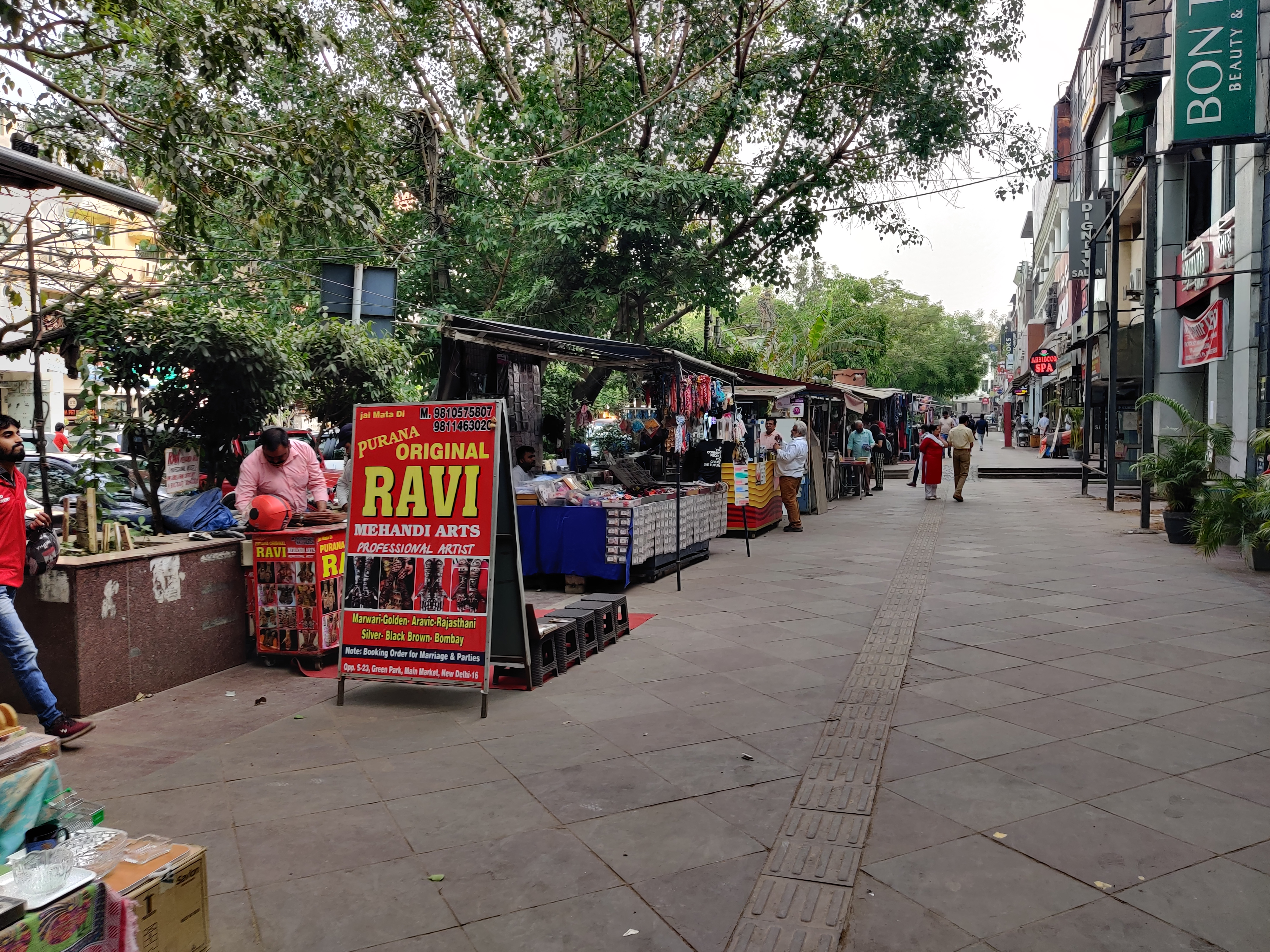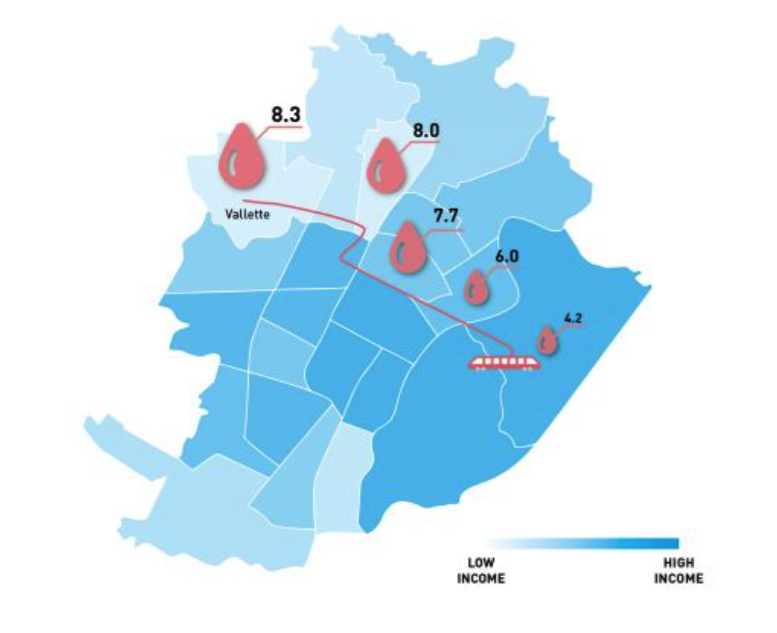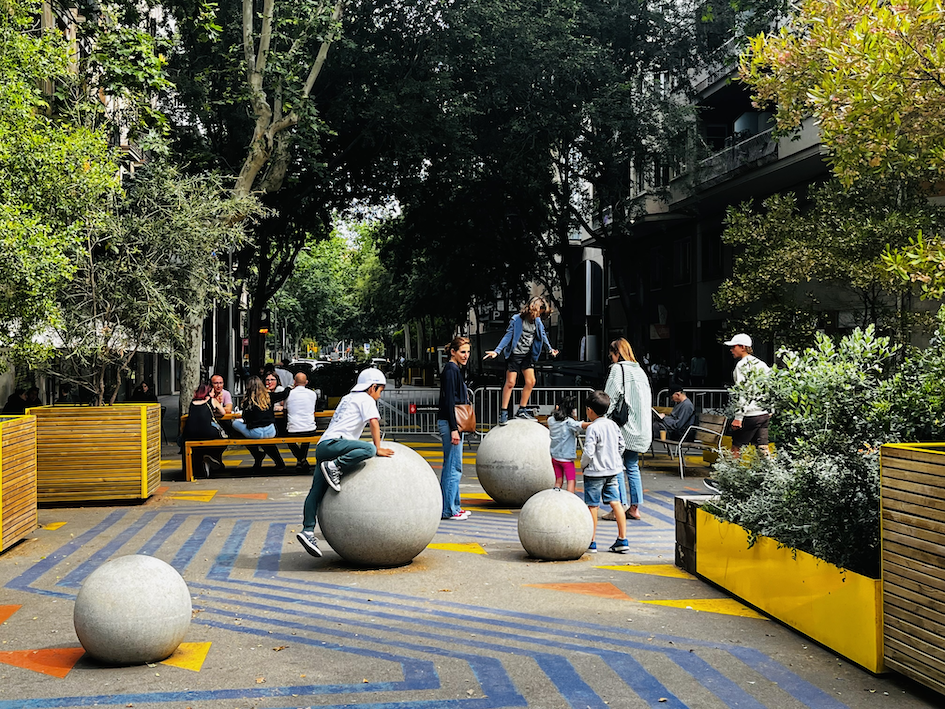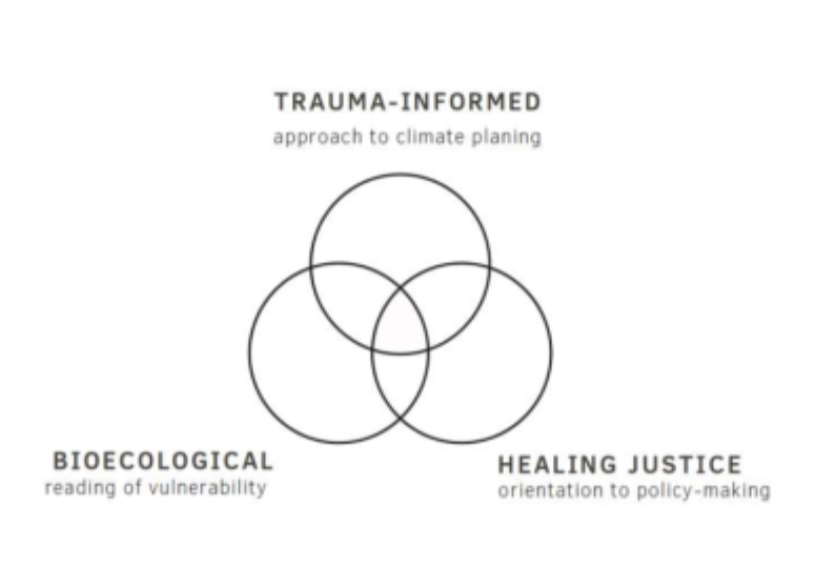City Know-hows

We ask whether streetscape design can be used to alleviate anxiety. Let’s understand how we can alleviate anxiety of the people on streets through their daily experiences while walking.
Share
Target audience
Landscape architects, urban designers and urban policy makers. City mayors. Mental health researhers.
The problem
Urbanization has caused an increase in anxiety among the residents of the cities. Urban design, especially streetscape design, has the potential to reduce urbanisation’s impact on people’s mental health. Since anxiety is a critical mental health issue that needs to be reduced, thus everyday Streets can contribute to alleviating anxiety via streetscape design.
What we did and why
This paper is an attempt to understand the issue in depth and explore the streetscape elements which have a plausible relation with the anxiety of the people. The study has explored the literature associated with streetscape and mental health, specifically anxiety to understand the existing association between the two.
Our study’s contribution
This interdisciplinary research adds to the subject of urban design and mental health by explaining which streetscape elements may have an impact on anxiety.
It defines a theoretical framework explaining the association which can be taken further for detailed research on the subject.
It also highlights the associated spatial and psychological factors which may have a plausible mediation between streetscape design and anxiety
Impacts for city policy and practice
This research will bring focus on the elements which needs to be looked at for reducing the feeling of anxiety.
The policies which have till now focused on the specific guidelines may look into some elements as the comprehensive unit and regulate the streetscape design accordingly.
Further information
Full research article:
Towards anxiety alleviating streetscape design: A comprehensive literature review by Sayna Anand and Tina Pujara.
Related posts

From data to policies: let the data speak! Making local policies more evidence- informed about health and health inequalities. Developing a community engagement toolkit to address health inequalities in urban settings.

This paper investigates how health-promoting planning strategies are leveraged in place-based urban transformation initiatives to develop public spaces within neighbourhoods to improve children’s and community wellbeing. Safe, healthy, and accessible neighbourhood public spaces transform children’s lives in cities.

To plan equitable climate interventions in times of systemic crisis, cities must be trauma-informed and make healing justice a key feature of urban resilience planning.